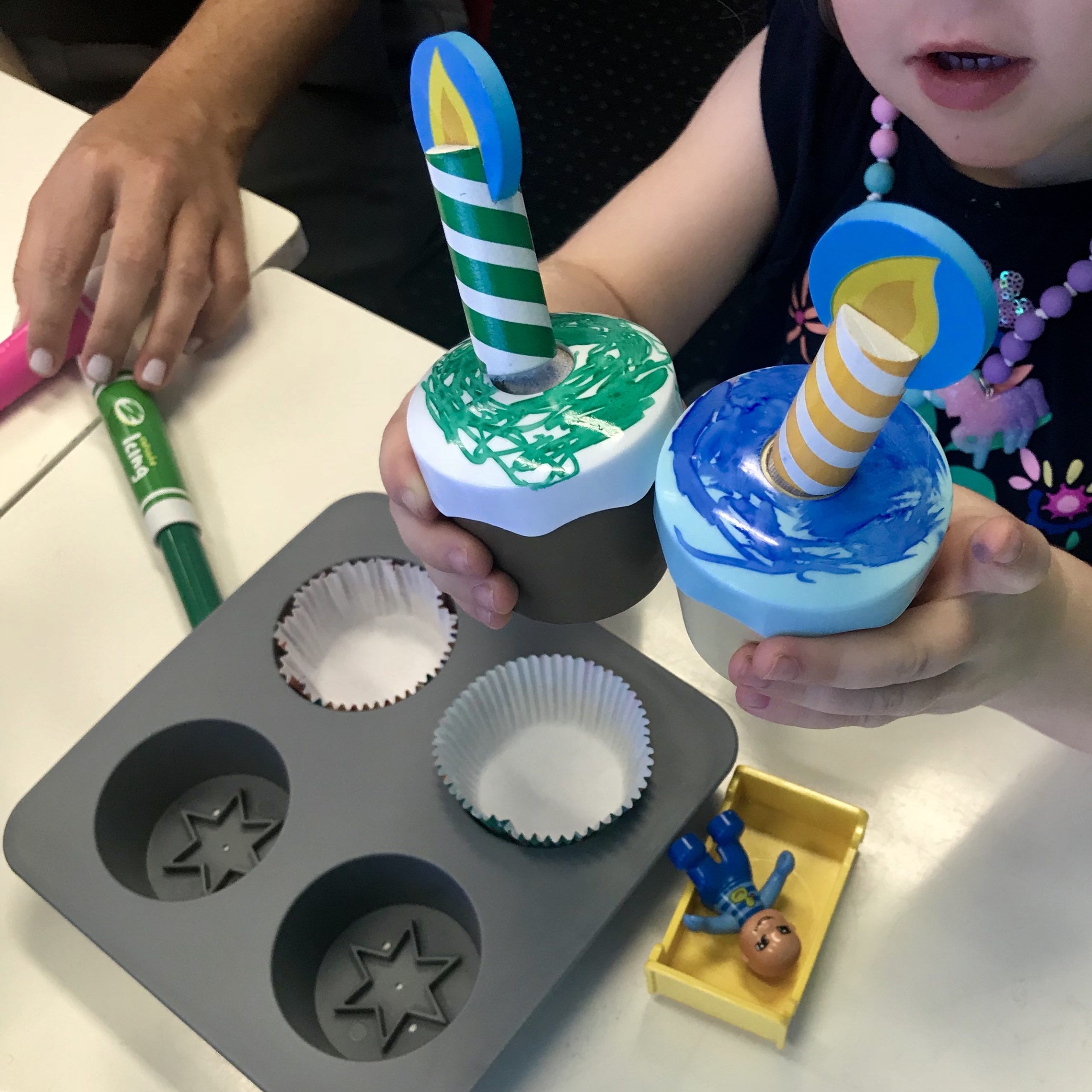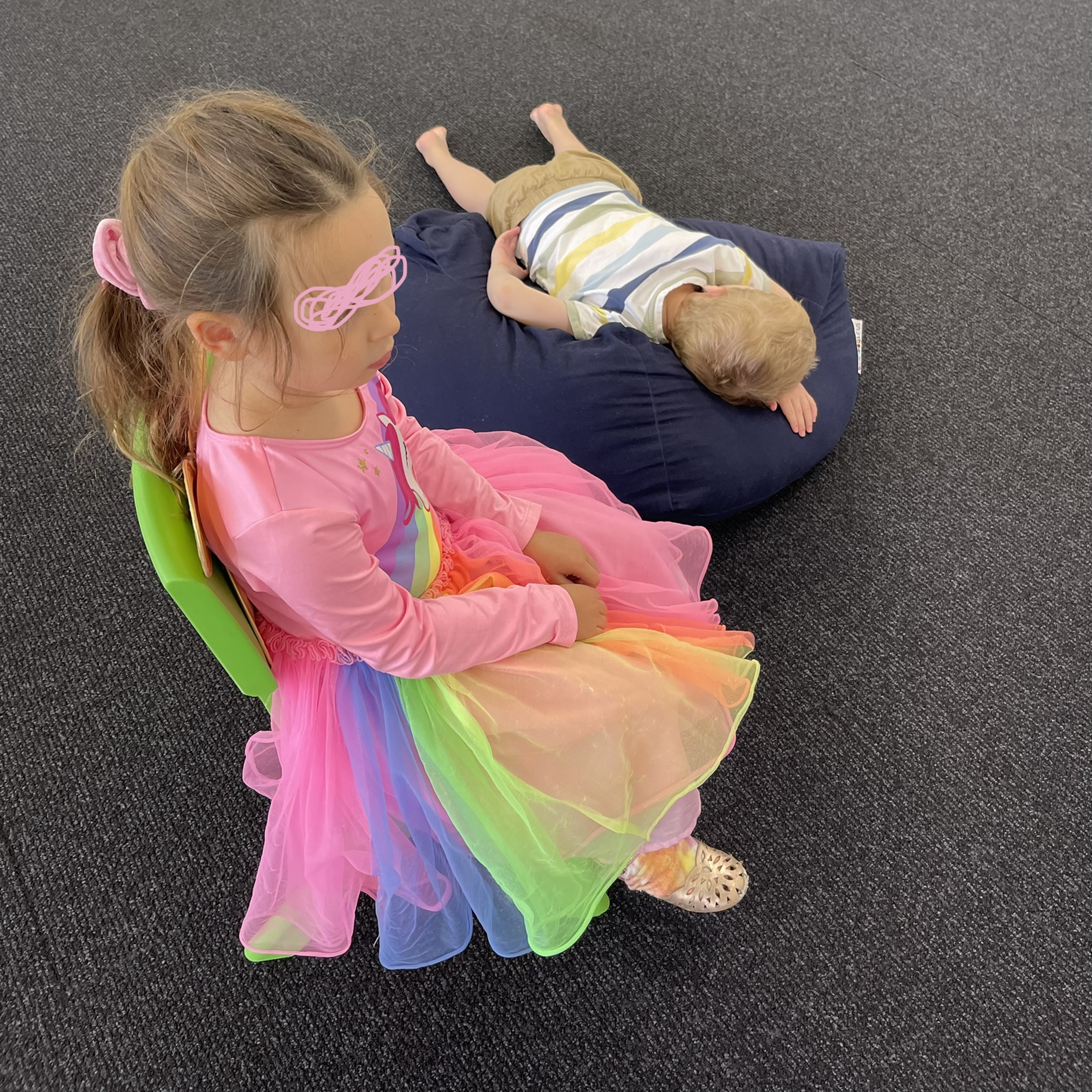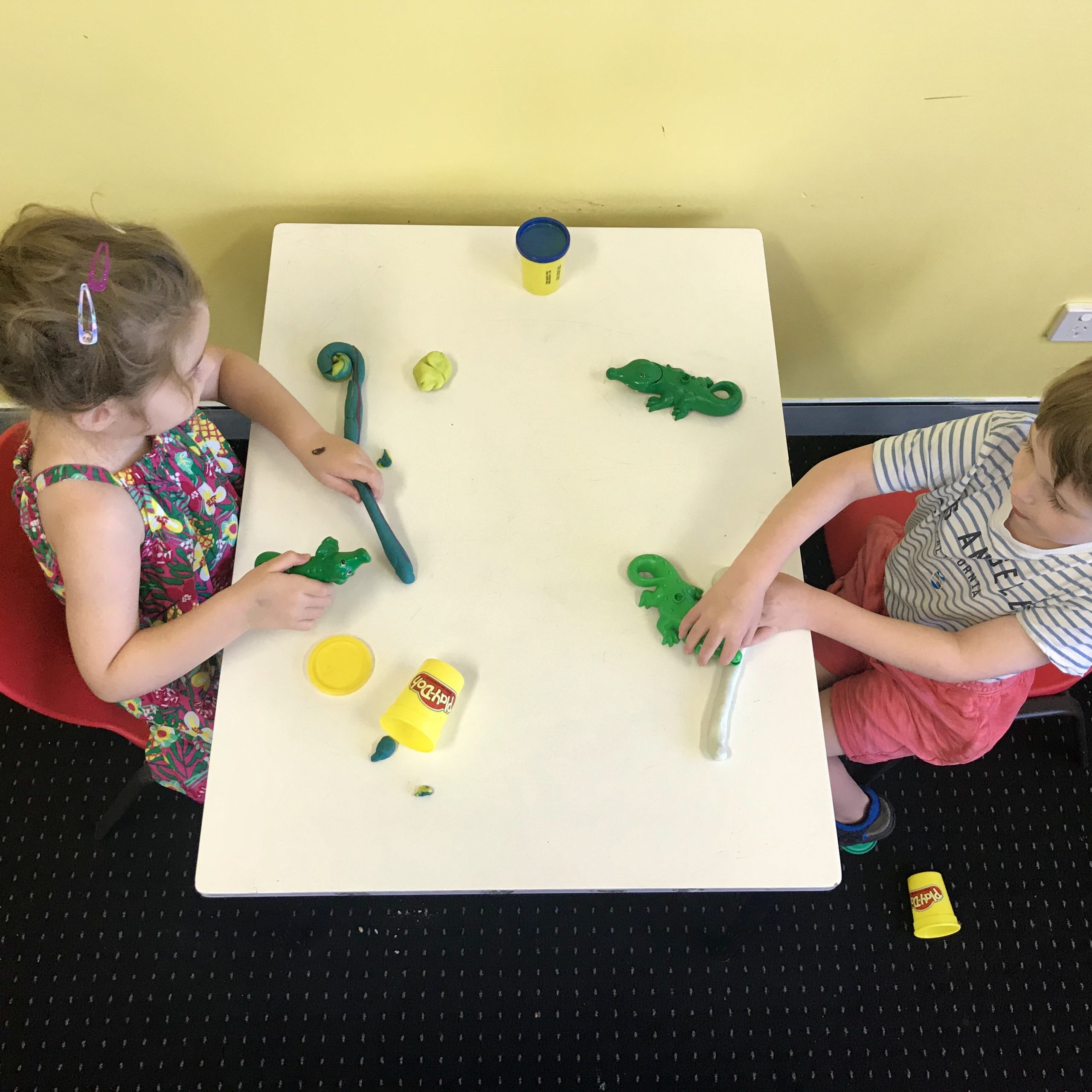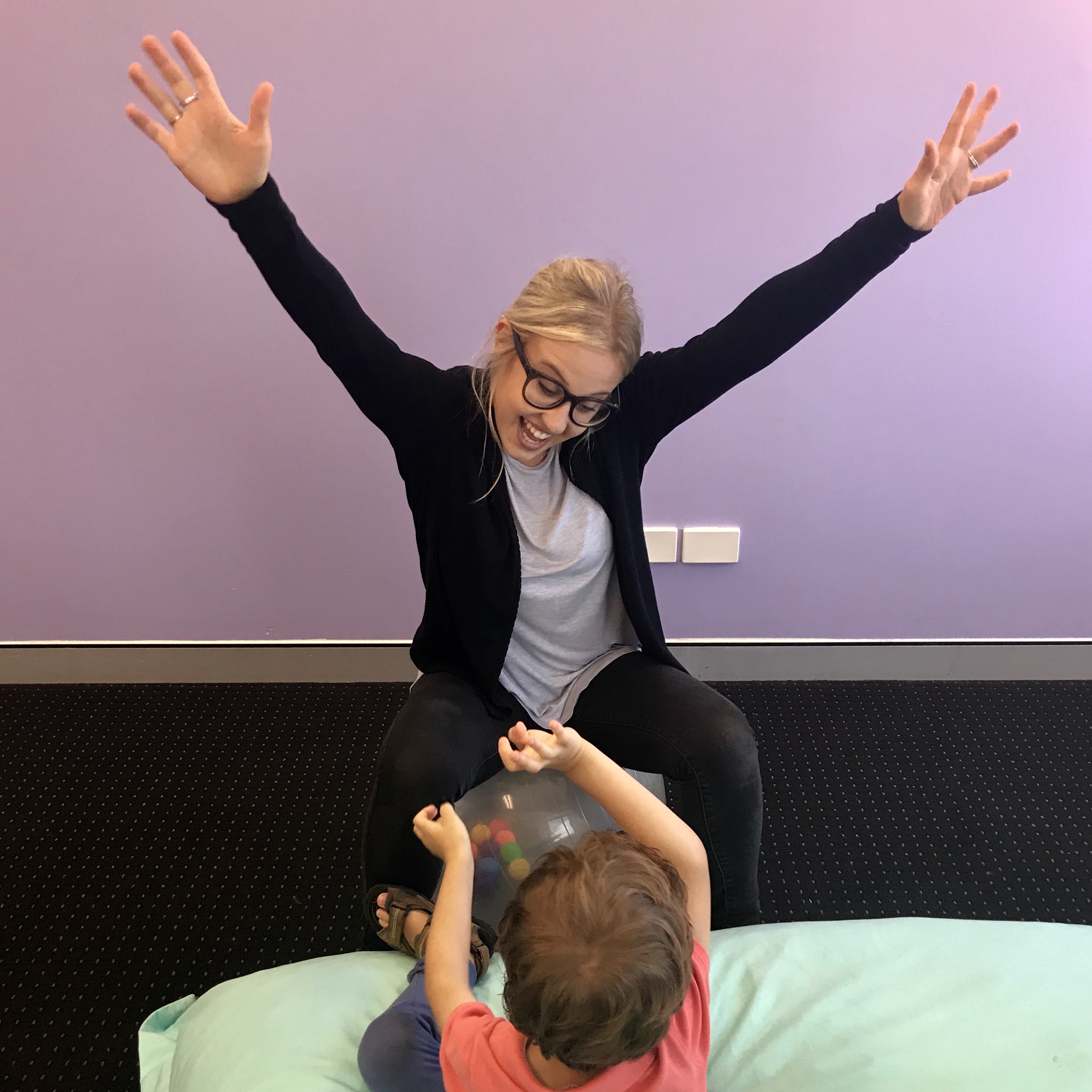
Balance and coordination are crucial skills that children need to develop as they grow. These skills help them move confidently, perform daily activities, and participate in sports and other physical activities. Let’s explore how balance and coordination develop in children, why they are important, and how parents and caregivers can support this development. What Are Balance and Coordination? Balance is the ability to maintain a stable and controlled body position while standing, sitting, or moving. It helps children stay upright and prevents them from falling. Coordination involves using different parts of the body together smoothly and efficiently. It helps children…










